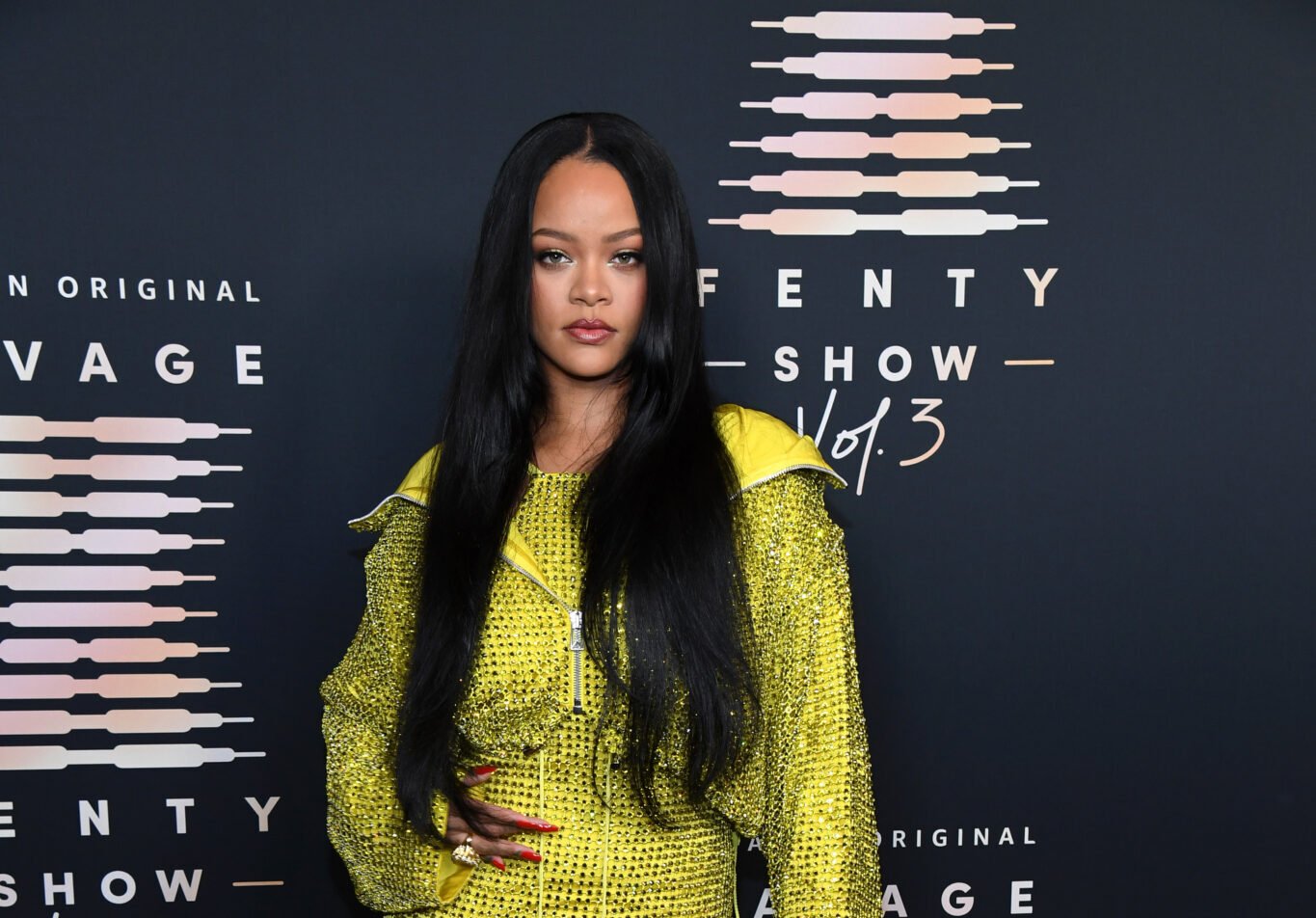In August of this year, Rihanna officially reached billionaire status, making her the richest female musician in the world, with a net worth estimated at $1.7 billion, according to Forbes. But most of the chart-topping popstar’s wealth hasn’t come from her music; despite the enormous commercial success she has had over her 16-year career, the 33-year-old musical superstar (born Robyn Rihanna Fenty) has quietly transitioning into a legitimate business mogul since the launch of her beauty brand Fenty Beauty.
Although “quietly” may be putting it mildly. While she’s seemingly managed to separate her performer persona from her entrepreneurial side, she clearly knows what she’s doing when it comes to both. Not only is Fenty Beauty currently valuated at $2.8 billion, but the brand upended the $511 billion global beauty industry when it launched with 40 different foundation shades in 2017. Now offering 50 shades of foundations and concealers, “the Fenty Effect” set a new standard of diversity and inclusion in the beauty industry—forcing many brands to extend their range of shades in the years to come.

“Rihanna was inspired to create Fenty Beauty after years of experimenting with the best-of-the-best in beauty—and still seeing a void in the industry for products that performed across all skin types and tones,” Fenty Beauty’s website states. “She launched a makeup line ‘so that people everywhere would be included,’ focusing on a wide range of traditionally hard-to-match skin tones, creating formulas that work for all skin types and pinpointing universal shades.”
And her commitment to diversity and inclusion goes beyond makeup. In 2018, RiRi launched lingerie brand Savage X Fenty, featuring size- and skin tone-inclusive pieces in sizes up to 3X. On the heels of 2017’s #MeToo movement, lingerie juggernaut Victoria’s Secret was under intense pressure. Its annual fashion show—which at peak viewership had millions tuning in to watch—had come under scrutiny for a lack of body size diversity, for its objectification of women and for repeatedly using cultural appropriation within its designs. After 23 years, the show was canceled in 2019, with its organizer, Edward Razek resigning amidst public pressure, and shares dropping by as much as 40 percent. But Rihanna was already there to fill that void; her first Savage X Fenty closed out New York Fashion Week (NYFW) in 2018, featuring models and dancers of all shapes, sizes and proportions. “No woman should be left out,” Rihanna shared at the launch. “This is for all stages of femininity and all body types.”
Then, in 2019, Savage X Fenty took it up a notch. Proving that lingerie fashion shows can exist in the #MeToo era, Rihanna’s 2019 collection was presented as a hybrid fashion show-concert at Brooklyn’s Barclays Center during NYFW and then later streamed on Amazon Prime. Empowering, provocative and entertaining, the event featured huge stars—from Halsey to DJ Khaled—performing as a wide array of diverse models debuted the latest from the line. It marked the beginning of a new era for lingerie: one where Victoria’s Secret Angels were out and all-inclusive body types were in.

According to Forbes, Savage X Fenty reached $150 million in sales during its second year of operations, with sales in 2020 doubling. Earlier this year, its valuation reached $1 billion following a Series B funding round that raised $115 million for the brand’s expansion into athletic wear, and reports indicate that Savage X Fenty is on track to be the global leader in the lingerie market by 2025. And similar to how Fenty Beauty has upended the makeup industry, Savage X Fenty has seen other brands follow suit; just one year after Savage X Fenty’s launch, U.S. and UK retailers had reportedly increased the number of size-inclusive lingerie styles by 34 percent.
It’s clear that by keeping Rihanna’s mission—“beauty for all”— at the heart of her businesses, she’s been able to not only turn some massive profits but she’s also created far-reaching change within the beauty and fashion industries. Both emerging and heritage brands have taken notice, and we’re slowly seeing a shift to more diversity and inclusion industry wide.
And while she’s proven how crucial business is to creating wide-scale impact, Rihanna has also been active in the philanthropy space for quite some time. In 2012, she created the Clara Lionel Foundation (CLF) in 2012, in honor of her grandparents Clara and Lionel Braithwaite, to help fund education and emergency response programs around the world. To date, the foundation has raised $80 million and funded over 150 programs. Rihanna was named the Harvard Foundation’s 2017 “Humanitarian of the Year,” as well receiving the NAACP President’s Award in recognition of her humanitarian work in 2020. Most recently, CLF donated $47 million to help with COVID relief efforts and racial justice issues.







